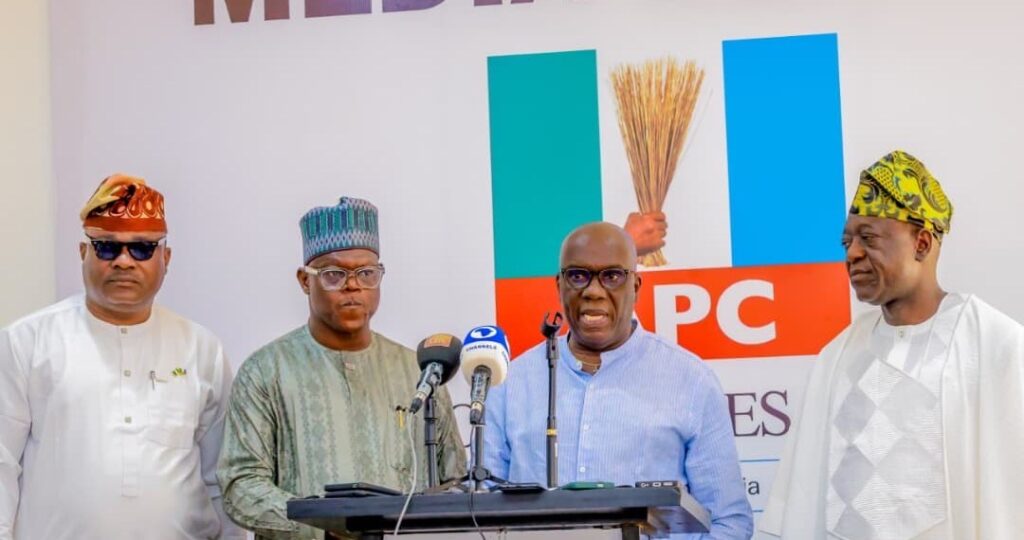Governing Party Bolsters Senate Majority as LP Senator Crosses Floor

The ruling All Progressives Congress (APC) has further consolidated its dominance in the upper chamber of the National Assembly, with its strength rising to 73 seats following the defection of Senator Kelvin Chukwu of the Labour Party (LP).
The formal announcement of Senator Chukwu’s switch, representing the Enugu East Senatorial District, was made during plenary, marking another significant change in the political composition of the 10th Senate.
In his stated reasons for moving to the APC, the legislator cited the “disorganisation” and internal instability plaguing his former party, the Labour Party.
The defection immediately drew commentary from the Senate’s leadership, who expressed concern over the state of Nigeria’s opposition bloc.
Senate President Godswill Akpabio used the opportunity to urge all opposition factions to urgently reorganise and establish themselves as viable alternatives, warning that their current state of disarray poses a serious threat to the vitality of the nation’s democracy.
“I want a strong and vibrant opposition in Nigeria, but when they are in tatters, what can we do? Please, put your house in order. That’s why INEC is registering more political parties,” Akpabio remarked, stressing the necessity of a balanced political landscape.
Supporting the Senate President’s view, Senate Leader Opeyemi Bamidele attributed the growing influx of members to the APC to the administration’s perceived effective management of the nation’s economy.
Bamidele suggested that the increasing support for the governing party is indicative of a wider national sentiment.
“This shift in the Senate reflects a broader national trend; the APC-led government is working,” he asserted.
The Senate Leader pointed to key economic indicators as evidence of recovery: “Our foreign reserves are improving, and the GDP shows signs of steady growth; these are clear indicators that the economy is bouncing back,” he added.
This shift in political affiliation reduces the Labour Party’s Senate representation from six to five seats, further complicating its standing as a formidable opposition voice within the National Assembly. Beyond the immediate impact on the Senate’s numbers, the move reignites the broader debate over the anti-defection clause in the Nigerian Constitution, which bars elected officials from switching parties unless there is a verifiable crisis, merger, or division within their original party.
Political observers suggest that while Senator Chukwu’s stated reason of “disorganisation” might satisfy the constitutional requirement in the eyes of the Senate President, the frequent floor-crossing highlights a systemic issue where political expediency often trumps party loyalty, potentially weakening the entire multi-party framework intended to sustain a robust democracy.









